In 2024, surimi fish cake export turnover is estimated to reach approximately 300 million USD and fish meal will reach 237 million USD. South Korea leads in surimi fish cake import, while China accounts for 90% of Vietnam's fish meal export market.
According to the Vietnam Association of Seafood Exporters and Producers (VASEP), surimi fish cake export turnover in 2024 is estimated to reach approximately 300 million USD, a slight decrease compared to 2023 due to strong competition from Russia with cold-water fish surimi products. Currently, due to oversupply due to the embargo, surimi prices from Russia are 20% lower than tropical fish cake products from Asian countries, of which Vietnam, Thailand, and India are the most affected.
In 2024, the countries importing the most surimi fish cakes from Vietnam are: South Korea 71 million USD, Thailand 65 million USD, China 34 million USD.
Over the past 5 years, Vietnam has earned 300 - 420 million USD per year from surimi exports, accounting for 4 - 5% of total seafood export turnover. Vietnam's surimi products include both marine fish surimi and pangasius surimi, meeting the diverse needs of the international market.
According to statistics, in 2023, the export turnover of fish cakes and surimi will reach 303 million USD. The main export markets of Vietnamese surimi include Japan, Korea, and China, all of which have high demand for raw materials for animal feed and aquatic products.
Raw materials for surimi production are mainly small trash fish such as anchovies, glass fish, alum fish and pangasius waste. These are common raw materials and suitable for the domestic fishing industry.
It is forecasted that in 2025, supply from Russia will still be a major competitive pressure, but Vietnamese surimi products still have the opportunity to increase market share as the tourism industry in major consuming countries such as Thailand and China is gradually recovering.

In 2024, surimi fish cake export turnover is estimated to reach approximately 300 million USD and fish meal will reach 237 million USD. Photo: VASEP
Regarding fishmeal (used to make animal feed), Vietnam's fishmeal output ranks second in the world , after Peru. In terms of quality and uses, Vietnamese fishmeal has an amino acid content equivalent to Thai and Mauritania fishmeal, and an ash content that is often higher than Chinese fishmeal with the same protein content. Vietnam's fishmeal export turnover in 2024 will reach 237 million USD. Of which, with its geographical advantage, China accounts for nearly 90% of fishmeal export turnover.
Currently, Vietnam produces about 530,000 - 540,000 tons of fishmeal per year, of which 200,000 - 280,000 tons are exported. This corresponds to about 60% of fishmeal production used domestically and 40% exported to major markets such as the US, EU, and China.
In 2025, the demand for imported fishmeal in this market is forecast to increase slightly, estimated at 1.8 million tons, so Vietnam has the opportunity to increase export turnover, in which the trend of producing fishmeal from marine materials will slow down, raw materials from pangasius will increase. In the near future, with the scale of farming and export development, Vietnam's pangasius fillet production industry has ensured an abundant source of raw materials for the production of fishmeal and fish oil.
Currently, Vietnam has over 100 surimi processing and exporting enterprises and nearly 50 enterprises producing, trading and exporting fishmeal. Among them, there are many large export production enterprises, such as: Vinh Hoan Joint Stock Company, producing and exporting tra fishmeal, earning 12 million USD/year; exporting tra fish oil and fat, earning 25 million USD/year; Multinational Investment and Development Joint Stock Company, producing fishmeal, earning 2,000 billion VND in revenue...
According to Ms. Nguyen Thi Thu Sac, President of VASEP, among hundreds of frozen, processed, fresh, live, dried seafood products, surimi is a segment with room and potential for development due to the suitable characteristics of the domestic fishing industry as well as the increasing consumption trend of the world market.
"This industry creates jobs and makes a significant contribution to the fisheries and livestock economy . In the context of difficulties in exporting key products such as shrimp, pangasius, etc., promoting processing and developing the surimi and fish fry industries is very necessary," said Ms. Sac.
Source: https://danviet.vn/trung-quoc-chiem-90-thi-phan-xuat-khau-bot-ca-han-quoc-chi-hang-chuc-trieu-usd-mua-cha-ca-surimi-tu-viet-nam-20241225092120044.htm











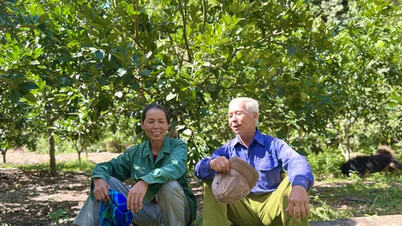













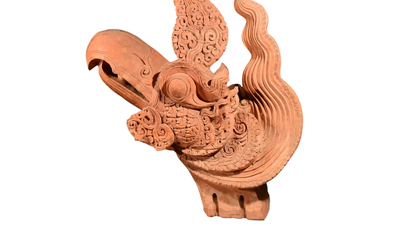






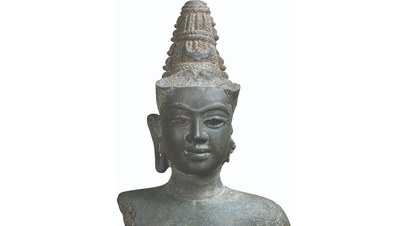








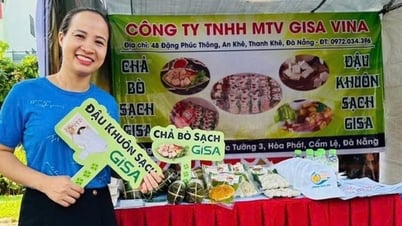


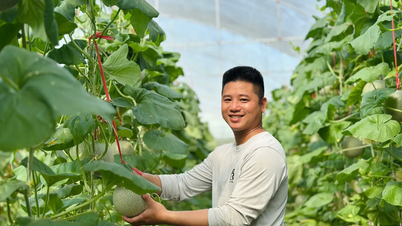






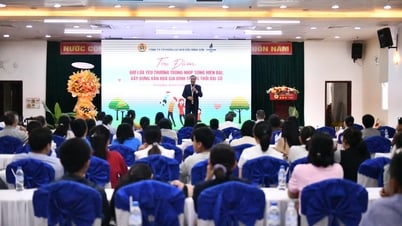










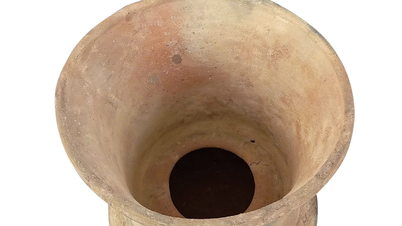

![[Infographic] Circular guiding the functions, tasks and powers of the provincial Department of Culture, Sports and Tourism and the commune-level Department of Culture and Social Affairs](https://vphoto.vietnam.vn/thumb/402x226/vietnam/resource/IMAGE/2025/6/29/877f24989bb946358f33a80e4a4f4ef5)

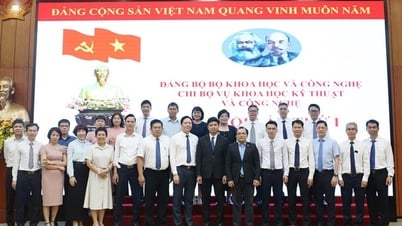










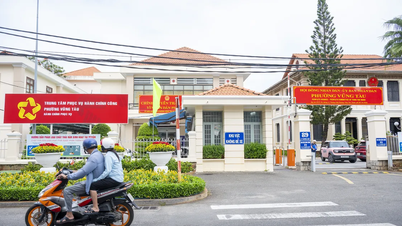


















Comment (0)